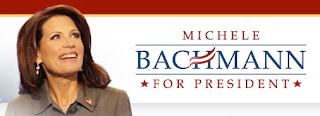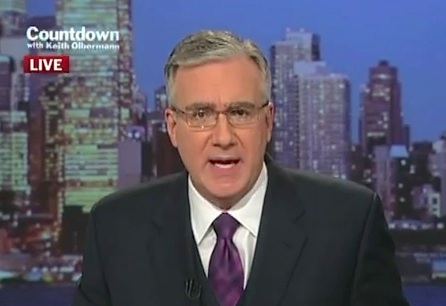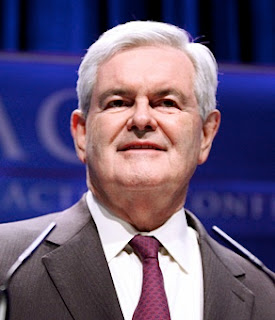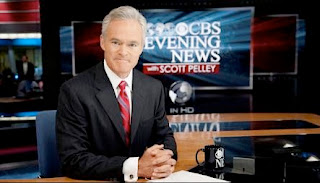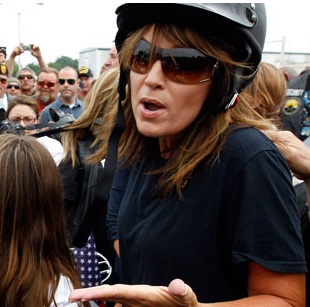Search This Blog
Politics. Culture. Race. Technology. National affairs. Attitude.
Posts
Showing posts from June, 2011
Dismantling security:
The new SPLC report on DHS
- Get link
- Other Apps
Bachmann in overdrive, and neutral
- Get link
- Other Apps
Newt’s figment III: Abandon ship
- Get link
- Other Apps
CBS Evening News’ makeover in reverse
- Get link
- Other Apps
Sarah Palin's historical vacation
- Get link
- Other Apps

